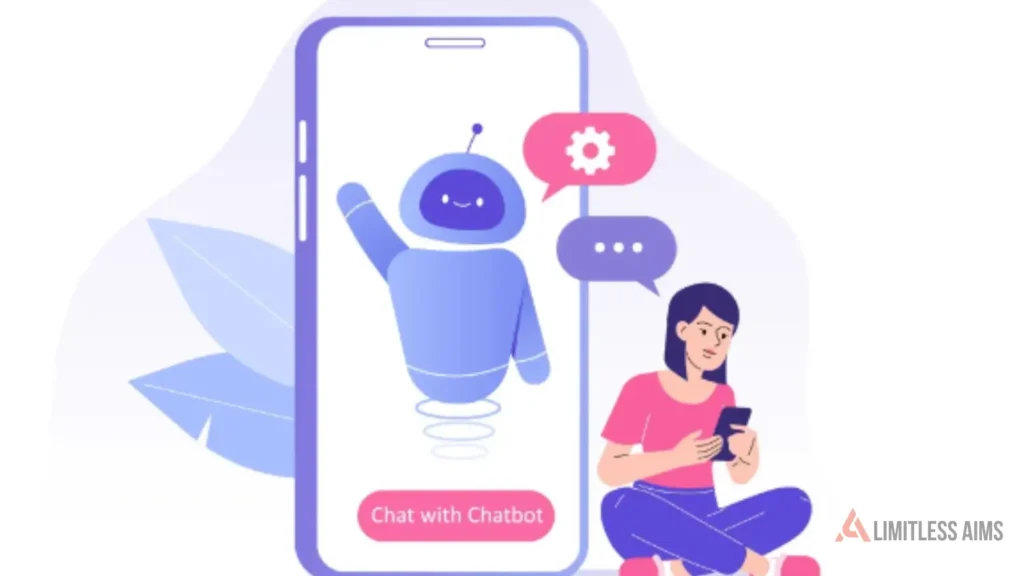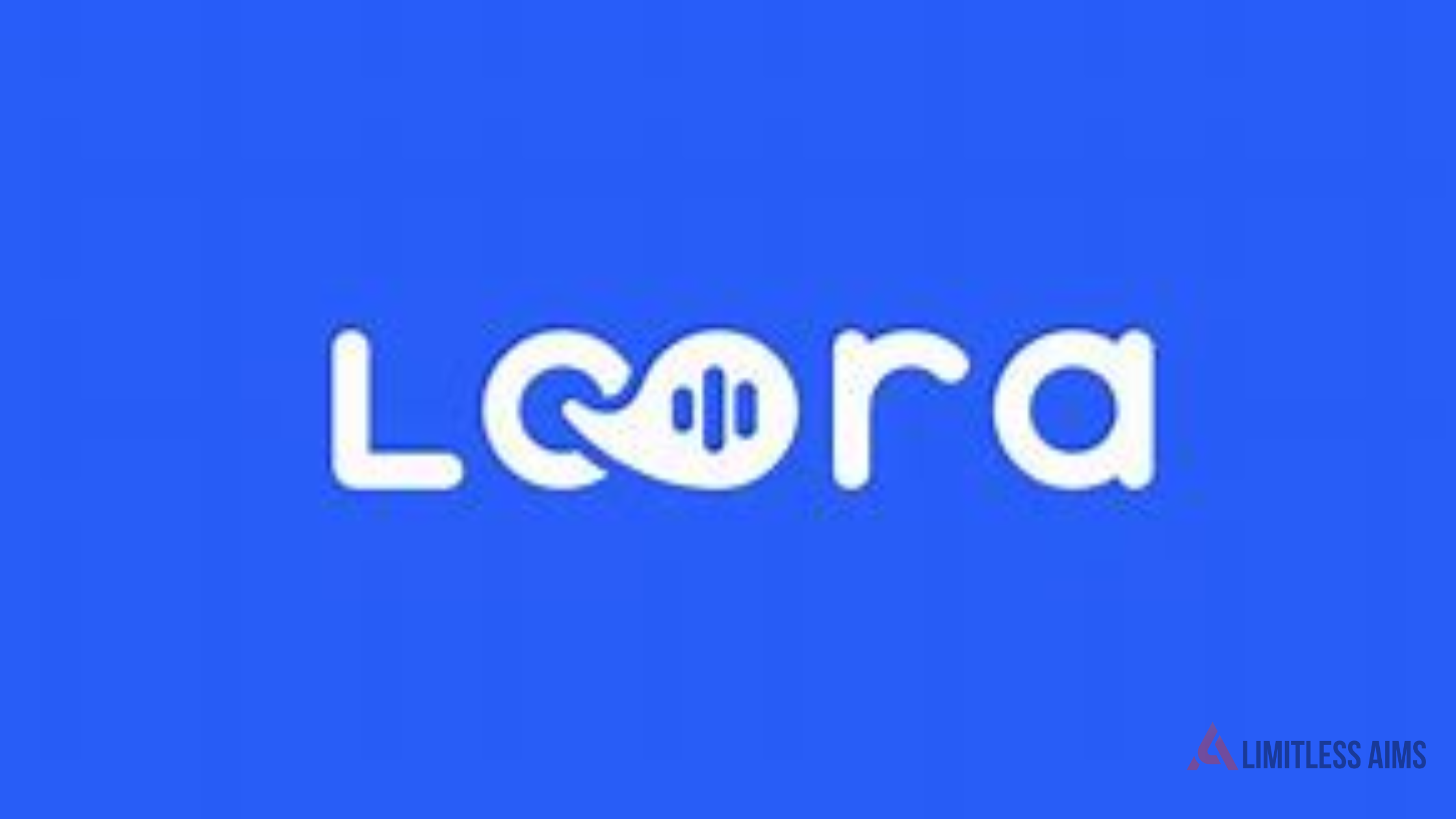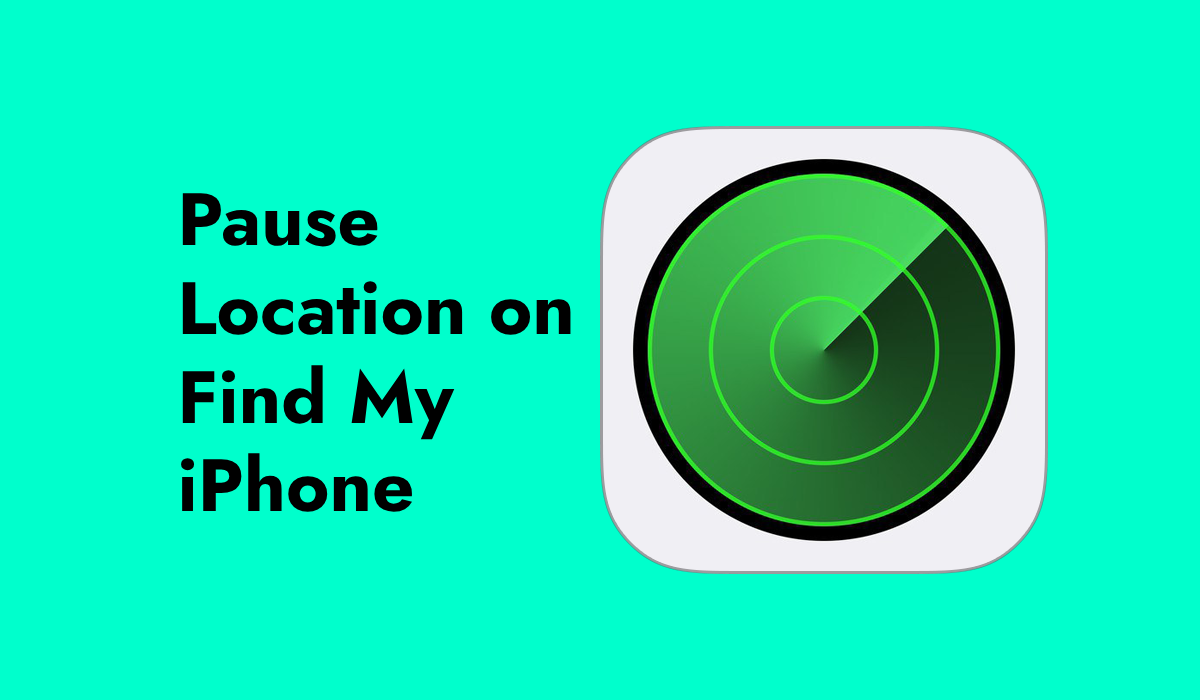Language instructors are undoubtedly among the occupations most at risk from AI replacement.
Not always because it’s a smart idea, though. Some organizations have determined that artificial intelligence (AI) may reasonably replace human specialists in language training. This includes Duolingo, who made this decision recently. Some managers believe that the cost savings outweigh the drawbacks of using AI-translated content, even though it often has a smaller vocabulary than human translations.
But according to certain businesses, AI is capable of doing tasks that language instructors cannot at scale.
One of such is Loora, which teaches students English using conversational AI. Yonti Levin and Roy Mor founded Loora, an iOS app that lets users speak with a chatbot that provides feedback on their English Comprehension.
“Our frustration with language learning was the inspiration behind the idea for Loora,” Mor said in an email interview with TechCrunch. “Human tutors are highly expensive, inconvenient, and scarce, and language learning apps are only designed for beginners or casual learners.”
The Arabic term for “language,” Loora, takes its name from this concept. It provides students with a variety of AI-generated dialogue topics and scenarios to pick from, including sports, tech, business, fashion, novels, TV series, interviews, and presentations. In addition to offering input on accent and pronunciation, the software also offers direct translations into users’ native tongues in case they run into trouble.
Over time, Loora assigns users a competence score. It then uses this number to tailor discussions to the user’s speaking level.
OpenAI’s Loora ai
Many English learning systems include capabilities along such lines; they include Speak, which is funded by OpenAI, Preply, which recently increased its focus on AI technology, and ELSA. However, according to Mor, Loora is unique in that it caters to “serious learners” who want to become fluent in English in order to progress both personally and professionally.

According to Mor, “the majority of other language learning apps on the market are gamified and limited.” “The only goal of Loora’s AI development, training, and optimization is to help users become fluent in English, going much beyond simple conversational abilities. Our models are trained and optimized using just our own data and a specially designed training and assessment mechanism, which leads to consistently higher retention.
Mor also argues that for particular language learning use cases, such as presenting ideas in a business conference, Loora is a better fit than other applications and instructors. He says that tutors are constrained by their subject-matter expertise, which is something that Loora’s software doesn’t have (or so Mor claims). Furthermore, Mor notes that specialized teachers are probably more in demand than generic, all-around ones.
“Let’s say a student wants to learn how to communicate business concepts at a high level for professional purposes,” Mor said. “Even if the tutor is a native speaker, they will not be well equipped to teach English for that particular reason if they are unfamiliar.”
Considering the inherent limits of language instruction applications, especially those lacking human feedback, that is rather promising.
Almost all participants in a Michigan State University research on the efficacy of popular language learning applications showed improvements in grammar and vocabulary, but only around 60% showed improvements in oral competency, a typical problem in digital language learning programs. According to the study’s authors, the most effective method for picking up and maintaining second language proficiency was a hybrid setting that included online and classroom instruction.
However, this hasn’t deterred Loora’s investors, who may have been swayed by the market’s size—roughly $70 billion by 2030, based on data research company Research and Markets—for targeted English language instruction.
As of now, Loora has received $21.25 million in total after announcing that it has secured $12 million in a Series A round led by QP Ventures and including participation from Hearst Ventures, Emerge, and Two Lanterns Venture Partners. According to Mor, the money will go toward developing the Loora Android app, “deepening” the company’s core AI technology and conversational capabilities, and growing the staff from 14 to 25 by the end of 2024.
In addition, Loora plans to introduce an enterprise solution, expanding its clientele beyond the 15,000 app users it now has. (Loora costs $15 a month for its app, or $120 a year.)
Mor anticipates a growth accelerator in corporate customers, while the startup’s consumer business has been growing gradually, with yearly recurring income expected to climb eight times by 2023.
“Our intended business-to-business offering will make Loora available through universities, employers, and other institutions, increasing its accessibility for those who most need and want it,” stated Mor. As a result of the successful Series A fundraising, our effective unit economics, our expanding clientele, and the constant need for English learning resources, we think we’re in a strong position to weather any potential challenges and go on developing and serving our students.







One Response
Thank you for your sharing. I am worried that I lack creative ideas. It is your article that makes me full of hope. Thank you. But, I have a question, can you help me?